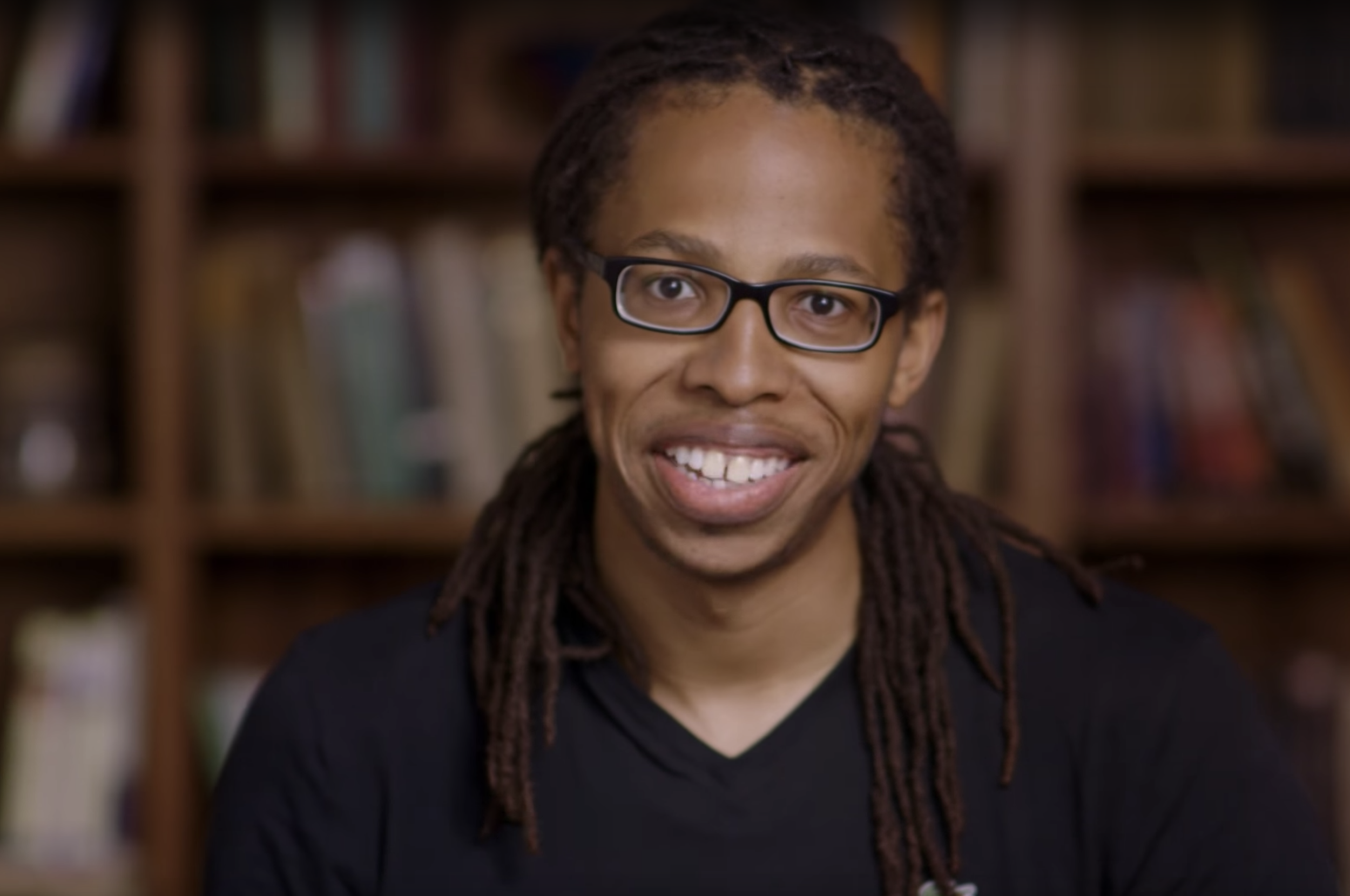By Vicky Chan and Lauren McGrath
“Most people still assume that if a person is deaf, they’re not able to speak,” narrates Jane Madell, Ph.D., in the opening moments of her documentary film “The Listening Project,” released in March 2018. Her statement sets the tone for the following 38 minutes of personal stories that shatter stigmas about hearing loss.
A New York City-based pediatric audiologist, speech language pathologist, and auditory verbal therapist, Madell created the documentary with award-winning filmmaker Irene Taylor Brodsky to reveal how technology has improved communication—and life—for people with hearing loss.
Richard, a cochlear implant recipient, is one of the participants in "The Listening Project" who works as a software engineer.
Brodsky captured interviews of 15 individuals with hearing loss, most of whom Madell treated when they were children. Madell says filming allowed her to reconnect with her former patients to “see what they had to say about growing up with a hearing loss and what advice they might have for parents of newly identified children with hearing loss.”
The subjects of “The Listening Project” are vibrant young adults living and working all over the world—connected by their gratitude for the technologies and treatments that enable them to hear and talk. The majority are cochlear implant recipients, while the remainder wear hearing aids. They experienced similar anxieties, including not being able to hear everything in social settings, disclosing hearing loss to new acquaintances, and accepting their hearing loss.
If not for modern medical progress, the film’s subjects may not ever have been able to overcome these hurdles. When Madell began her career in audiology 45 years ago, hearing loss treatments were very restrictive. Only children with mild to moderate hearing loss could hear well with hearing aids, and the Food and Drug Administration had not yet approved cochlear implants. Such limitations challenged Madell emotionally early in her practice. Though she smiled and appeared optimistic in front of her patients and their families following a hearing loss diagnosis, she knew how hard they would need to work with inadequate accommodations for their children to succeed.
Madell’s former patients and millions of others are fortunate changes in hearing technology and policies in recent decades have been dramatic. “We are so lucky we live now and not 30 years ago, 40 years ago,” says one. Another young man adds that the ability to communicate and feel comfortable doing so is “a core human value.” Advancements have made it possible for children with hearing loss to learn spoken language, which Madell believes is critical for educational, social, and professional development and gives them options they would not have otherwise.
Madell hopes the personal stories in “The Listening Project” will help parents of newly diagnosed children, as well as legislators, educators, and healthcare workers. “Parents of children with hearing loss have told me that if they had seen the film before the diagnosis, it would have been easier to deal with,” she says. It shows parents that with the resources and hearing technology available today, hearing and speech are possible for every child.
To learn more about the film for either personal or educational use, visit thelisteningprojectfilm.org.


